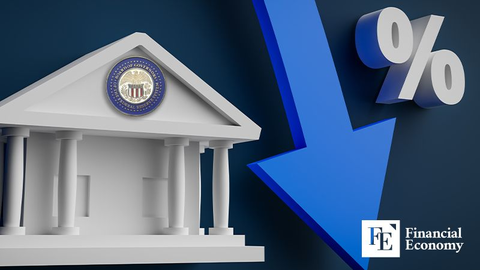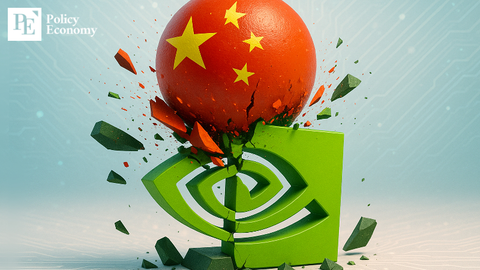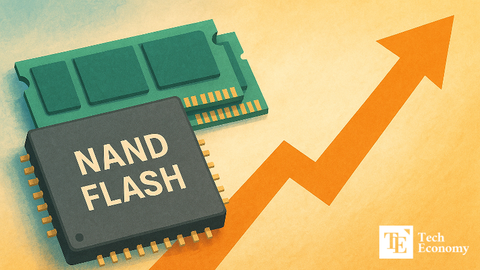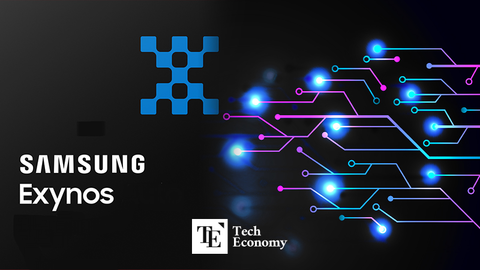SK On Relieved of Mandatory Listing Pressure, Eyes Set on U.S. IPO?
Input
Modified
SK Innovation eliminates listing burden by acquiring all CPS shares of SK On Mounting deficits from aggressive facility investments raise concerns With solid footing in the U.S. battery market, will SK On go public in America?
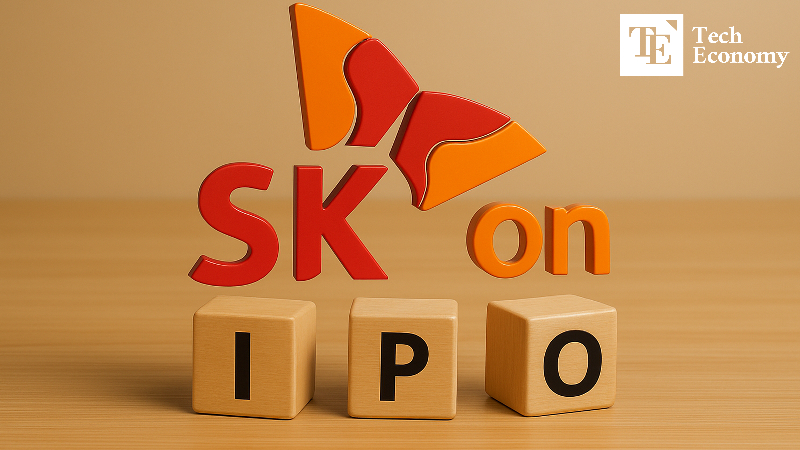
SK On, the battery subsidiary of SK Innovation, is no longer under immediate pressure to go public. This shift comes after SK Innovation purchased all of the convertible preferred shares (CPS) previously held by financial investors, effectively simplifying the company’s complex ownership structure.
However, analysts believe that an initial public offering (IPO) for SK On is still inevitable in the long run. With the company burdened by mounting debt following aggressive investments in production capacity, many suggest that the U.S.—with its relatively favorable capital market environment—may be the most strategic venue for the eventual listing.
SK On No Longer Required to Go Public by 2026
On August 1, industry sources reported that SK Innovation held a board meeting on July 30 and approved the purchase of all 51,079,105 convertible preferred shares (CPS) of its battery subsidiary SK On for approximately $2.6 billion. This transaction repays the full $2 billion investment made by the MBK Partners and Korea Investment & Securities PE consortiums in 2023. The board also approved a merger between SK On and SK Enmove. Once completed, SK Innovation will hold more than 90% of the merged entity’s shares.
With this merger and share buyback, SK On is now free from its obligation to go public by 2026. Under the original investment agreement, SK On was required to launch an IPO by that year to guarantee investors an internal rate of return (IRR) of 7.5%. Failure to do so would have triggered a drag-along clause, allowing investors to sell their shares—including those held by SK—to a third party. However, that clause is now void, as SK has repurchased all outstanding investor-held shares.
SK Innovation says it is in no rush to take SK On public. At a corporate strategy briefing held the same day in Seoul, SK Innovation’s President & CEO Jang Yong-ho stated, “The situation today is very different from when SK On initially raised funds. Rather than rushing an IPO, we believe it is more important to strengthen long-term growth potential and improve financial stability.” He added, “Now is the time for SK On to focus on building its core competitiveness. There are currently no plans to list the merged entity.”
Market View: “SK On Will Eventually Go Public”
Despite its current relief from IPO obligations, many in the market believe SK On will ultimately need to go public to raise capital. The company’s ongoing losses have started to weigh heavily on SK Innovation’s overall financial health. SK Innovation’s debt-to-equity ratio surged from 176% in Q1 2023 to 207% in Q1 2024, amounting to roughly $55 billion in total liabilities. In March, global credit agency Moody’s downgraded SK Innovation’s rating from investment grade (Baa3) to junk status (Ba1), citing persistent underperformance in the battery business and a heavy debt load.
SK On has attempted to improve its profitability by increasing the utilization rate of its U.S. plants, particularly in conjunction with the Hyundai Motor Group’s new U.S. facility. However, these efforts have yet to break the cycle of red ink. The company has been operating below its break-even point for an extended period, raising concerns over sustainability. As of Q1 2024, SK On’s net debt stood at approximately $17.3 billion, and its debt ratio had ballooned to 251%.
The root of the problem lies in the company’s aggressive capital expenditures. SK On, a latecomer to the EV battery industry, began developing lithium-ion batteries in 2005 and started production in 2006. Since spinning off from SK Innovation in October 2021, the company has invested nearly $15 billion in capital expenditures (CAPEX) through 2023, with an additional $5.7 billion earmarked for 2024. Specifically, SK On spent $3.6 billion in 2022, $4.9 billion in 2023, and plans to spend $5.7 billion in 2024. However, the company now faces a demand downturn in the EV sector—an industry-wide “chasm” effect that has triggered a sharp decline in battery demand. As a result, SK On’s aggressive investments have yet to yield returns, and its profitability continues to deteriorate.
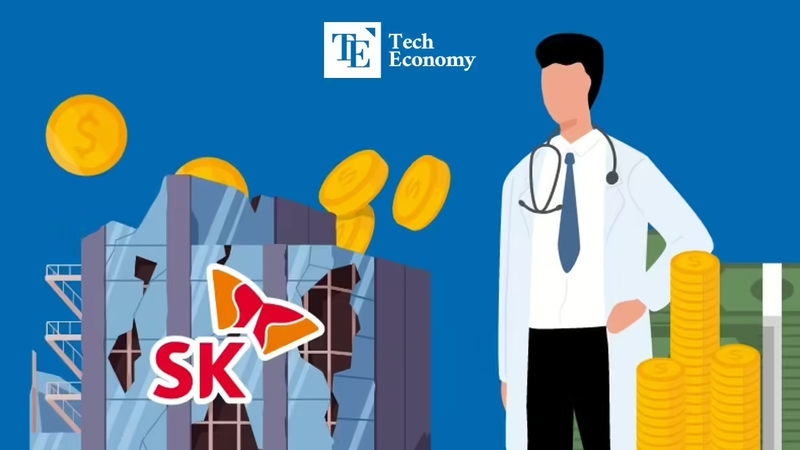
Will SK On Turn to Wall Street?
Market insiders familiar with SK On’s internal operations believe a U.S. IPO is a strong possibility as the company seeks to navigate its ongoing financial challenges. A listing in the U.S. could help SK On avoid the complications of dual listings while offering a more stable entry into public markets. Given the company’s operational footprint, such a move appears well aligned: SK On’s business is heavily concentrated in North America, where it runs major joint battery ventures with Ford and Hyundai Motor Group in Georgia and Kentucky. With this growing U.S. exposure, it would be logical for the company to also raise capital there.
Some analysts suggest that a New York Stock Exchange (NYSE) listing could strengthen SK On’s position in the global battery ecosystem and enable it to gain fairer market recognition. “The NYSE hosts a wide range of companies across the EV value chain, and its investor base is significantly deeper than Korea’s,” one market analyst noted. “If SK On can prove its capabilities, it could go public under far more favorable conditions than in the Korean market, where investor appetite is narrower.” The analyst also pointed out that access to U.S. dollar-based funding and enhanced global visibility are additional advantages of a U.S. listing.
Rumors about a potential U.S. IPO have been circulating in the battery industry for some time. “SK On has already made major investments in the U.S., so the possibility of a U.S. listing has been on the table for quite a while,” one industry source said. “The company’s recent statements downplaying an IPO are likely accurate for now, given its current financial position. But if SK On wants to survive, it will inevitably need to secure additional funding.” The source added, “They’ll rely partly on cash flow from SK Enmove, but resolving their broader financial burden will ultimately require going public.”


